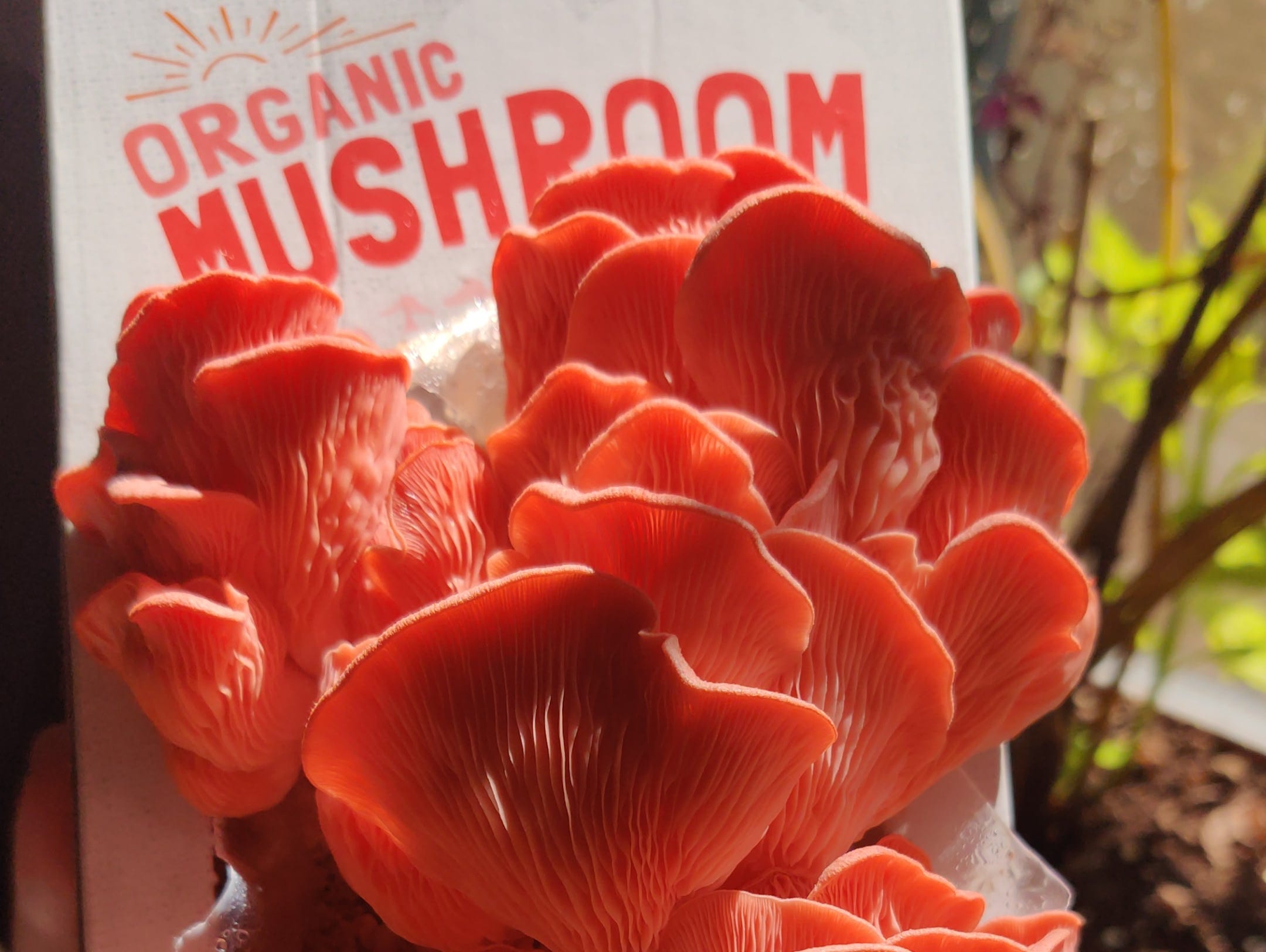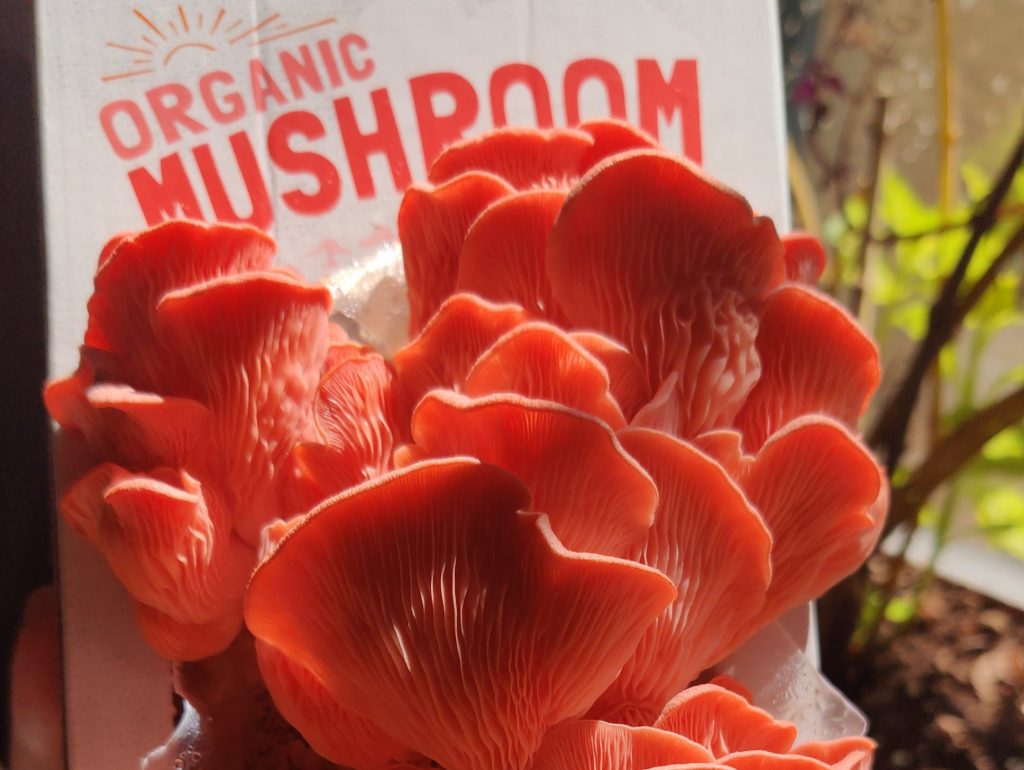
Karen K. Ho
- During the pandemic, many people have turned to home gardening to grow their own food.
- One company said sales of introductory mushroom-growing supplies had risen by 400% over the past year.
- Growing kits make the at-home farming experience more accessible while promoting sustainability.
- Subscribe to Insider Sustainability.
During the pandemic, interest in home gardening bloomed. Sales in Home Depot's indoor and outdoor garden departments rose by nearly 30% in 2020 from the previous year, according to Forbes. This momentum is expected to continue this year as more people build on their experience and desire to be outdoors. Since 2019, interest in house plants has also exploded, with four-figure price tags and specialized Instagram accounts for tropical varieties.
There's something super satisfying about seeing something change over time. For people like me who don't have a green thumb or access to a yard, growing kits have been a way to make the at-home farming experience more accessible. They also help more people understand the labor involved in producing food, while using materials like wood waste that might have otherwise gone to landfills.
For the past few weeks, I've been using Back to the Roots kits to grow two types of oyster mushrooms on my kitchen counter. (The edible component is actually the fruit, and the fungus decomposing the material is known as mycelium.) The kits come with detailed instructions, a mini spray bottle, and encouragement to post the results on Instagram to donate a kit to a classroom. These kinds of purchases and the photos on social media have helped fuel sales – North Spore, a US seller and supplier, recently told The New York Times that sales of its introductory mushroom-growing supplies had increased by 400% during the pandemic from the previous spring.
Observing the daily growth was incredibly satisfying. It's also an experience that has proved popular enough that mushroom-kit companies have sprouted in several countries, with some offering varieties like lion's mane and reishi. Even the director Lulu Wang said she grew a box.
While searching for growing tips, I also learned that mushrooms are part of a growing number of sustainability initiatives. Sawmill waste and coffee grounds are used to make growing kits. Startups are developing mycelium-based products as greener alternatives to building materials, plastic foam, bacon, and leather. And decades' worth of research has examined varieties that could be used to clean up oil spills, toxic waste, and even bug infestations.
Often, sustainability is about figuring out how to reduce or deal with waste efficiently and cheaply. It turns out the secret might have been through nature all along, waiting for its chance to rise to the surface.
